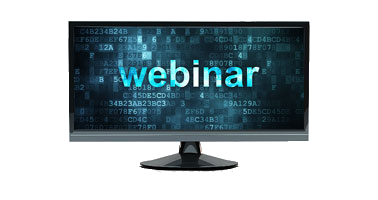How’s Your Product Delivery System Working for You?
 Remember the last time you ordered a pizza? You called or placed your order online, then sat back and waited for that hot, cheesy pie to arrive at your door. But what if it was never delivered?
Remember the last time you ordered a pizza? You called or placed your order online, then sat back and waited for that hot, cheesy pie to arrive at your door. But what if it was never delivered?
Every pizzeria knows that it has to deliver a product, not just produce pizzas and market them.
Peter Thiel talks about the importance of delivery in his book “Zero to One: Notes on Startups, or How to Build the Future.” In this series of posts based on the book, I’ve highlighted important questions raised by Thiel, including one he calls “The Distribution Question.” Companies that succeed have a strategy to not just create a product, but to deliver it.
Throughout the book, Thiel explains how many clean tech companies failed, often because they courted government and investors, but neglected to consider customers. “They learned the hard way that the world is not a laboratory: selling and delivering a product is at least as important as the product itself.”
One of the companies Thiel examines, Israeli electric vehicle start-up Better Place, spent $800 million to build swappable battery packs and charging stations for electric cars. The company only managed to convert 1,000 cars before filing for bankruptcy. “Even selling that many was an achievement, because each of those cars was very hard for consumers to buy,” Thiel writes.
“For starters, it was never clear what you were actually buying. Better Place bought sedans from Renault and refined them with electric batteries and electric motors. So, were you buying an electric Renault, or were you buying a Better Place?”
To buy one of the cars, customers had to prove they lived close enough to a Better Place battery swapping station and promise to follow predictable routes. “You had to sign up for a fueling subscription in order to recharge your car,” Thiel says. Then buyers had to learn a new behavior of stopping to swap out battery packs on the road.
At ROUSH CleanTech, our partnership with Ford Motor Company makes it a seamless process: to purchase, to service, to operate. With more than 9,000 vehicles with our propane autogas fueling systems delivered to more than 500 different customers to date, we understand the importance of making it easy for fleets to switch to an alternative fuel.
And, we strive to make ownership seamless as well, with convenient fueling infrastructure and driver training to help fleets get the most out of propane autogas.
So here’s your fuel for thought: Are you focused on delivering the best outcomes to your customers?














